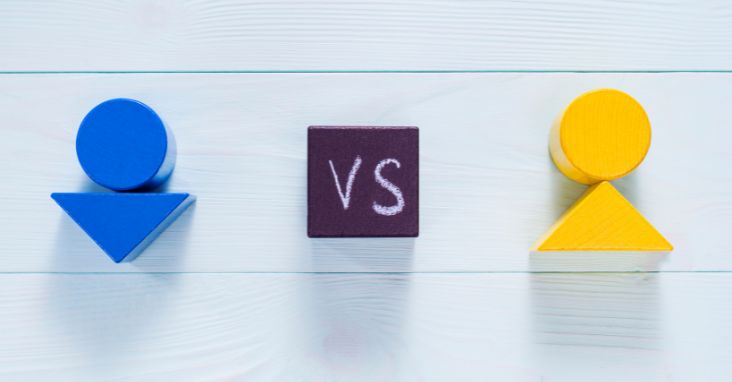Are you struggling to keep track of your tasks, notes, and projects? Are you tired of using multiple tools to manage your work? If you’re looking for a productivity tool that can help you streamline your workflow, organize projects, and stay organized, you’ve come to the right place.
In this blog post, we’ll be comparing two of the most popular productivity tools on the market: Notion and Airtable. These powerful tools offer a range of features own tools and functionalities that can help you manage your work and boost your productivity.
We’ll take a deep dive into the unique features and benefits of each tool, and provide a side-by-side comparison of their functionalities, ease of use, and pricing. We’ll also showcase real-world use cases and examples to help you understand how key features of each tool can be used to optimize your workflow.
By the end of this post, you’ll have a clear understanding of the strengths and weaknesses of Notion and Airtable, and be able to make an informed decision on which one is the ultimate productivity tool for you. So, let’s get started and find out which tool reigns supreme!
Airtable and Notion are two popular productivity and organizational tools that offer different features and functionalities. Airtable is primarily a database management system that allows users to create custom databases and organize information in tables. It also offers integrations with other tools and services for data visualization and automation. On the other hand, Notion is a comprehensive productivity tool that combines features such as note-taking, project management, wikis, and databases all in one platform. It offers a variety of templates and customization options, as well as collaboration features for teams. Ultimately, the choice between Airtable and Notion depends on the specific needs and preferences of the user or organization.
Read the full article about Notion vs Airtable on Serchen.com




